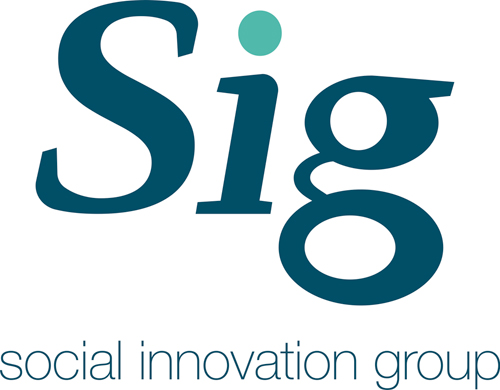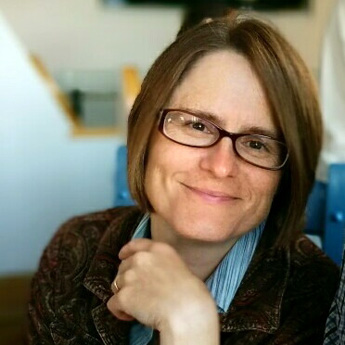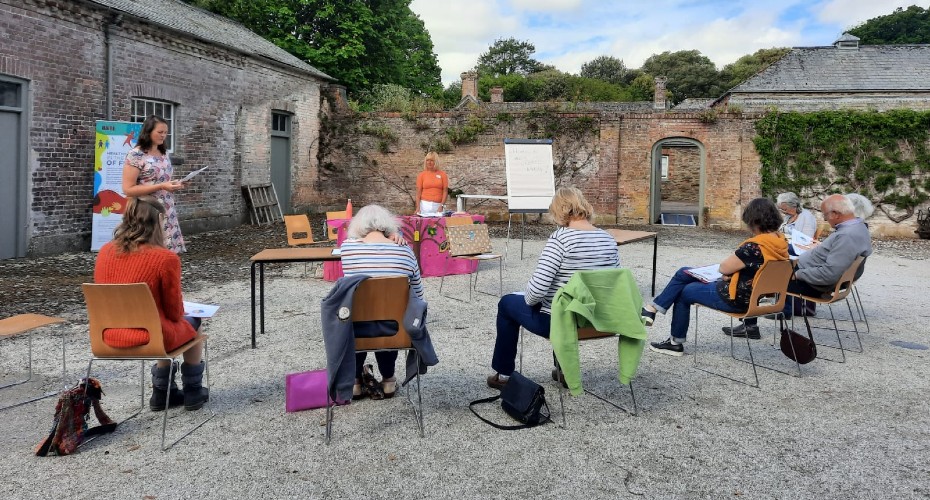
The Social Innovation Group is a multi-disciplinary team of researchers who work on place-based and person-centred issues. We collaborate with organisations in the third sector, health and social care, the environment sector, and local and regional government, to create positive change in communities and improve people's wellbeing.
What we do
Watch the video above to find out more about SIG, and how we are connecting people in Cornwall with their local services.
The Social Innovation Group is in receipt of extensive funding from UK research councils, and the EU including ERDF, ESIF and ESRC impact acceleration awards. These have supported research and innovation with a particular focus on securing impact from research, working with communities and stakeholders, achieving knowledge transfer, and supporting SMEs. They include collaborative projects supporting social housing residents, generating innovation in the voluntary sector, community transport and innovations in health and social care provision in Cornwall. Follow us.
Based at the University of Exeter’s Penryn campus, the Social Innovation Group works on three major areas:
Research
The Social Innovation Group conducts action research with Cornwall’s voluntary sector. Working to improve volunteering policy and practice in both healthcare and environmental sectors
Collaboration
Academics in the Social Innovation Group work with individuals, charities, third sector organisations, community groups, and local government across the health and social care, and the environment sectors
Impact
Research in SIG has led to a step change in the ways in which care is delivered and enabled across the Peninsula region. The multi-sectoral approach has led to innovations in the provision of care across the health, housing, voluntary and charity sectors. The development of approaches, methodologies and tools has driven resource efficiency, cost savings and service improvements for service providers and agencies. This research has led to a savings of £30million to the NHS, new investments in the voluntary sector in Cornwall, and a complete reworking of relevant Age UK training manuals.
Impact goals:
To have a centralised hub where agencies, service providers and individuals can access and adopt approaches, methodologies and tools
To deliver resource efficiency, savings and service improvements to service providers, agencies, and third sector organisations
To provide guidance to local government, service providers, agencies, and third sector organisations to inform future care strategies
To enhance wellbeing, financial resilience and employment prospects of marginalised individuals
To grow opportunities for social innovation from the ground up
The Social Innovation Group actively encourages undergraduates and postgraduates to work alongside academics and project partners, giving them a flavour of researching real world problems and solutions.
The team of researchers from geography, anthropology, health research, and journalism who work in collaboration with organisations in the third sector, health and social care, restorative justice, the environment sector, local, regional and national government. Our focus is social innovation at all scales, using place-based, person-centered approaches and tools. We produce academic work, evidence and practical tools to support individuals, charities, governments, organisations and agencies – anyone interested in social innovation.
We attract funding from a variety of sources, such as:
Economic and Social Research Council (ESRC)
European Regional Development Fund (ERDF)
European Social Fund (ESF)
National Endowment for Science
Technology and the Arts (NESTA)
NHS
Cornwall Council
Current projects:
Healthy Ageing through Innovation in Rural Europe (HAIRE)

For me, it is about helping organisations, communities and individuals to realise their potential as social innovators, by understanding their needs and capacity. We provide tools and approaches that improve everyday life.
Prof Catherine Leyshon, SIG co-director


